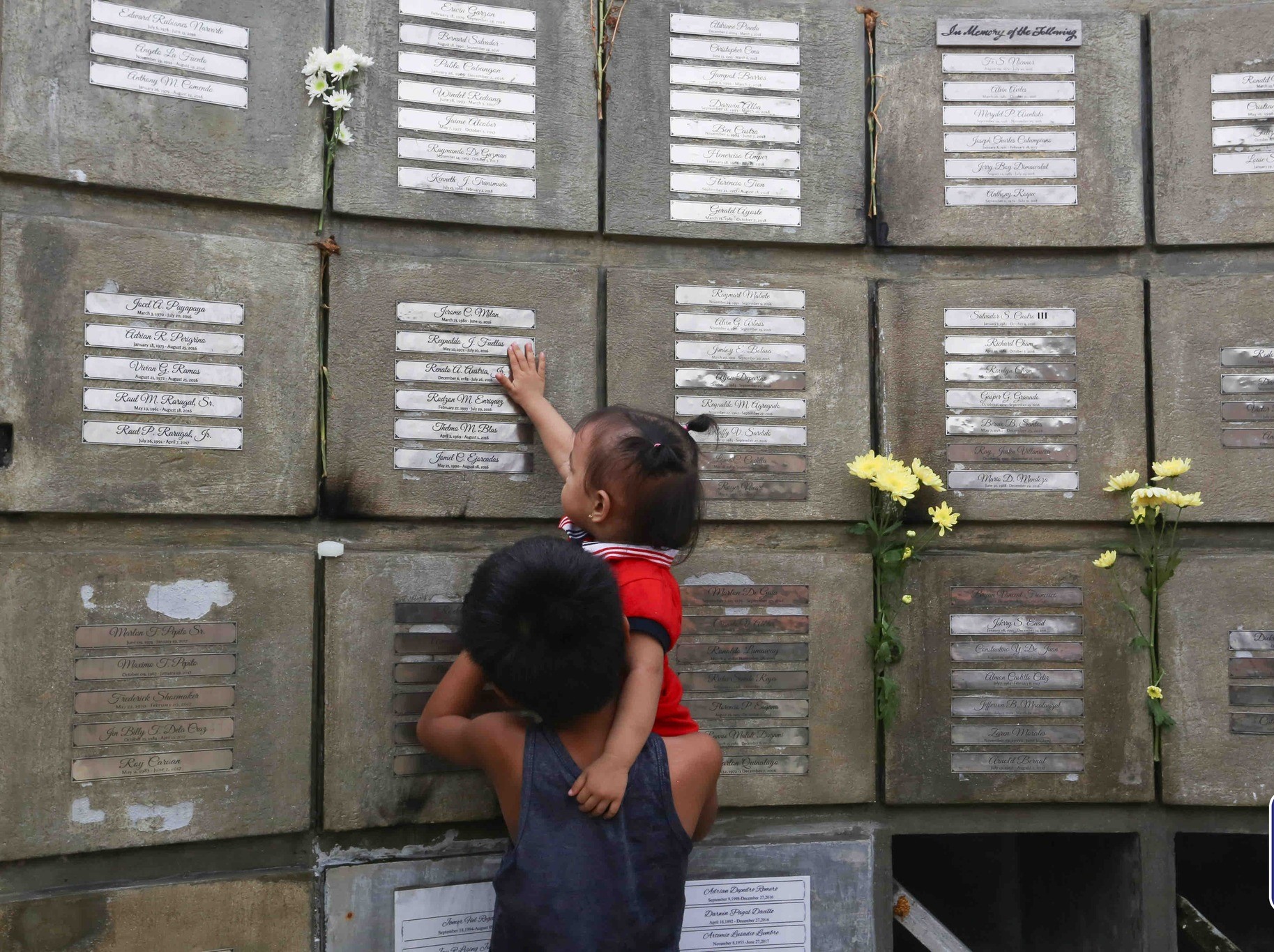Fr. Jijo Kandamkulathy CMF
Today, we remember the dead, and unwittingly, we are brought to confront the living silence they leave behind. All Souls’ Day is not just a liturgical nostalgia. It is a spiritual reckoning — a moment when the veil thins, and we are invited to gaze into the mystery of death not as an end, but as a threshold. We do not come with answers, but with ache. We do not come with certainty, but with longing. And in this sacred longing, we hear Jesus say, “I shall not reject anyone who comes to me… I shall raise him on the last day.” This is not sentimental comfort. It is a radical promise. But to receive it, we must first pass through the terrain of loss and grief — not bypass it. Grief exposes our illusions of control. It strips us of tidy theology and forces us to ask: What do I really believe about resurrection? Do I trust that Divine love outlasts death? Can I let go of the need to fix what was broken in the lives of those who’ve gone? These are not abstract questions. They are the questions that surface in the quiet moments — when we touch a photograph, when we hear a familiar song, when we remember a word spoken too late or a forgiveness withheld. In this Gospel, Jesus does not offer a map. He offers Himself. “This is the will of my Father… that everyone who sees the Son and believes may have eternal life.” To see the Son is not just to behold Him in glory. It is to recognize Him in the brokenness of our mourning, in the faces of those we’ve lost, and in the ache that refuses to be anesthetized. Though not the Gospel of the day, the parable of the tax collector echoes here. The tax collector stands in the temple, unable to lift his eyes — not out of shame alone, but because he knows that true transformation begins with truth. So too, All Souls’ Day invites us to stand in the temple of memory and say: “Lord, I miss them. I failed them. I loved them imperfectly. Have mercy.” This is not weakness. It is the beginning of healing. The Pharisee in us wants to tidy grief, to theologize it, to make it productive. But the tax collector in us knows that grief is not a problem to solve — it is a mystery to enter. And this mystery is not sterile. It is fertile. It births compassion. It softens judgment. It teaches us to walk gently with others who mourn. When we allow grief to do its work, we become more human — not less. We begin to understand that resurrection is not a doctrine to be memorized, but a relationship to be lived. We begin to see that the dead are not gone — they are woven into our becoming. Their stories, their wounds, their unfinished songs — they echo in our choices, in our prayers, in our capacity to love more deeply.
All Souls’ Day is not only about those who have died. It is about what must die in us: the fear that we are unloved or unlovable, the pride that keeps us from reconciling, the illusion that we have time to postpone tenderness. Jesus promises resurrection — but resurrection presupposes death. What attachments, grudges, or self-deceptions must we bury today so that we may rise? What masks must we remove? What truths must we finally speak aloud? Perhaps this day is also an invitation to forgive the dead. To release them from the roles they played in our pain. To let go of the need for them to have been perfect. And in doing so, to forgive ourselves — for the things we said, for the things we didn’t say, for the ways we loved imperfectly. The Gospel does not ask us to pretend. It asks us to believe. And belief, in the Johannine sense, is not intellectual assent. It is surrender. It is trust. It is the willingness to let love have the final word.
Let us light candles not only for the dead, but for the parts of ourselves we are ready to surrender. Let the flame be a prayer: “Lord, raise what is true in me. Burn away what cannot enter eternity.” Let the light speak for what words cannot. Let it flicker with the names we carry in silence. Let it shine with the hope that death is not the end of the story. And as we leave the cemeteries and places of memory of the dead, may we carry the memory of the dead not as a weight, but as wind. May their lives inspire us to live more fully, more honestly, more tenderly. May we become the resurrection we long for. May we become the mercy we seek. May we become the living answer to Jesus’ promise: “I shall not reject anyone who comes to me.” The Lord invites us today to go to Him with your grief. Go with your questions. Go with your unfinished stories. Go with your longing. And know that in Christ, nothing is wasted. Not even death. Especially not death. For in Him, every wound can become a doorway. Every goodbye can become a beginning. And every soul — yours, mine, theirs — can find its way home.


 Follow
Follow


